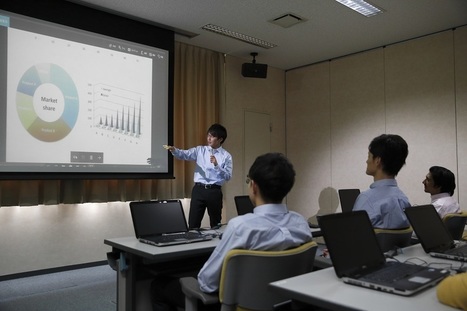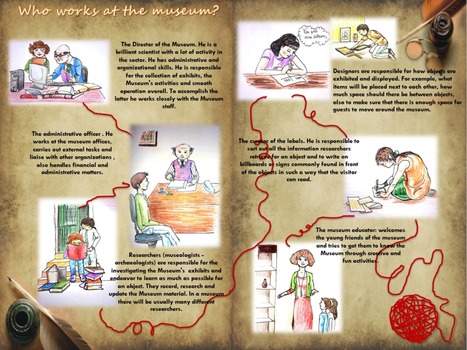There have been many changes in the development of national and world education. The most observable phenomenon is now the internalization of society and the penetration of digital technologies into learning.
Education has traditionally been seen as a pedagogic relationship between the teacher and the student. Pedagogy, the art of science and teaching the child, embodies a teacher-focused education where the teacher dominates the classrooms. This approach assumes the teacher being the repository of knowledge and taking full responsibility about what the learner needs to learn when it is to be learned, and indeed how it should be learned. This pedagogical slant develops the role of the student to be a dependent one and the relationship between the student and his/her peers as a competitive one. Pedagogical learning is purely based on the possession of skills and knowledge through transmittal techniques, such as lectures, demonstrations, textbook reading, audiovisual presentations and examinations. Students are motivated to learn due to external pressures such as competition for securing higher grades, fear of failure and at times due to fear of punishment. Learning is confined to a pre-planned curriculum for all students so that it can easily be monitored and evaluated. It addresses the issue of what is to be learned “The Content”, and not how it is to be learned “The Process”.[1]
Via Elizabeth E Charles, Yashy Tohsaku



 Your new post is loading...
Your new post is loading...










